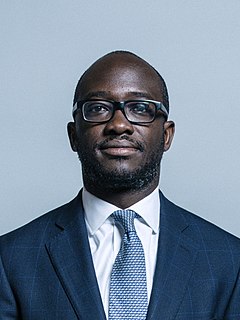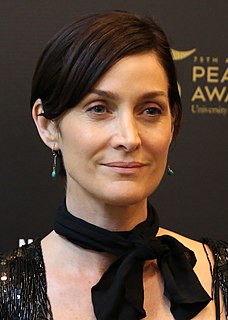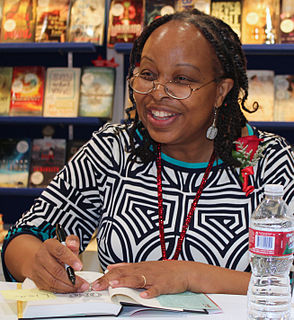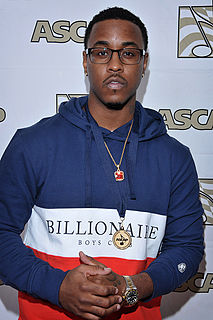A Quote by Judith Viorst
I always credited my mother with inspiring me to be a writer because she was such a passionate reader. She read poetry to me as a child. But rather late in life, I've come to appreciate my father, the accountant. He was a solid, organized, get-the-job-done kind of person-and you need that piece of it to be a writer, too.
Related Quotes
It's good for a writer to come from journalism because it gives you the tools. A journalist knows that he or she can lose the reader in six lines, so try to keep the attention of the reader. Also, you learn to research, and to conduct an interview - to extract from the person whatever you need from that person.
I suppose she chose me because she knew my name; as I read the alphabet a faint line appeared between her eyebrows, and after making me read most of My First Reader and the stock-market quotations from The Mobile Register aloud, she discovered that I was literate and looked at me with more than faint distaste. Miss Caroline told me to tell my father not to teach me any more, it would interfere with my reading.
Then my mother shocked me. She said, " All those things that you want from your relationship, Liz? I have always wanted those things too." [She] showed me the handful of bullets she'd had to bite over the decades in order to stay happily married (and she was happily married...) to my father. "You have to understand how little I was raised to expect that I desired in life, honey. Remember- I come from a different time and place... and you have to understand how much I love your father.
When we were arguing on my twenty-fourth birthday, she left the kitchen, came back with a pistol, and fired it at me five times from right across the table. But she missed. It wasn't my life she was after. It was more. She wanted to eat my heart and be lost in the desert with what she'd done, she wanted to fall on her knees and give birth from it, she wanted to hurt me as only a child can be hurt by its mother.
I'm very objective about what I want to have happen to my protagonists and where that has to come from. On one hand, it does help me that I had a mother who might have taken the last dollar and bought a pack of cigarettes or something, but I also had a mother who exposed me to art, music, other religions, different foods. My mother was very adventurous in her own way, so she fed the part of me that was going to grow up to be a writer. But there's always, too, the opposite response that helps me to create.
I always say that comedians and actors were all kind of shy when they were young. I was very, believe it or not, kind of embarrassed as a child. But my mother was a very strong lady and she was the one that kept it going when I thought it would be over for me as a performer. She was always my inspiration and she was a big influence on me.



































